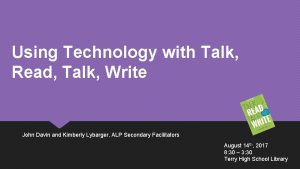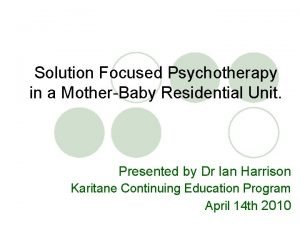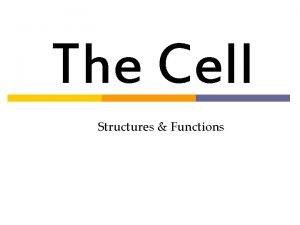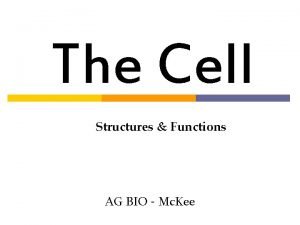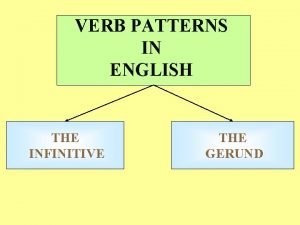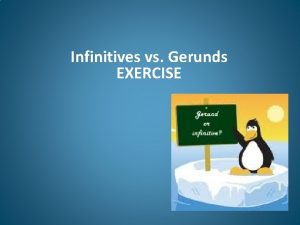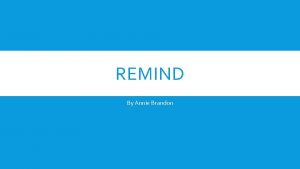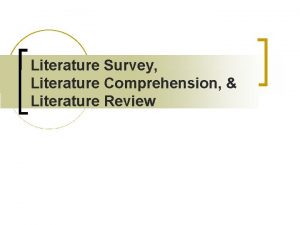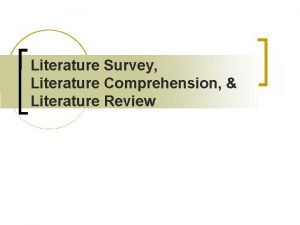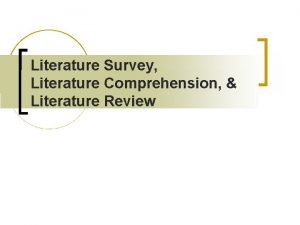Talk in life and literature Starter remind the








- Slides: 8

Talk in life and literature Starter – remind the person sitting next to you what the difference is between life and literature …

Assessment Focus AO 1: Select and apply relevant concepts and approaches from integrated linguistic and literary study, using appropriate terminology and accurate, coherent written expression AO 2: Demonstrate detailed critical understanding in analysing the ways in which structure, form and language shape meanings in a range of spoken and written texts AO 3: Use integrated approaches to explore relationships between texts, analysing and evaluating the significance of contextual factors in their production and reception AO 4: Demonstrate expertise and creativity in using language appropriately for a variety of purposes and audiences, drawing on insights from linguistic and literary studies. Keywords

Talk in life and literature Typical exam questions … Explore the ways in which Arthur Miller uses literary, linguistic and rhetorical devices and conventions to create specific dramatic effects in scene … A three part essay: 1) Dramatic effects and context 2) Dramatic effects created by linguistic devices (discourse/spoken language features) 3) Dramatic effects created by use of literary and rhetorical devices

Linguistic, Literary, Rhetorical and Dramatic effects What are linguistic devices? Discourse Conventions Spoken Language features Grammar Syntax Register Relevant linguistic theories

Use of imagery What are literary devices? Phonological Features Lexical choices The performance – use of stage directions/set Use of form and structure The importance of context

What are rhetorical devices? Persuasive devices: A FOREST Alliteration Facts Opinions Rhetorical question/repetition Emotive Language Statistics The rule of three

PLOT: Is the plot being revealed or furthered? What are dramatic effects? CHARACTER: Is the character being established or revealed? THEMES AND IDEAS: Are thematic ideas being presented? AUDIENCE: How are the audience meant to feel about the characters? RELATIONSHIPS: Are the relationships between the characters being developed? MOOD: Is a particular mood being created?

REVEREND PARRIS is praying now, and, though we cannot hear his words, a sense of confusion hangs about him. He mumbles, then seems about to weep; then he weeps, then prays again; but his daughter does not stir on the bed. The door opens, and his Negro slave enters. TITUBA is in her forties. PARRIS brought her with him from Barbados, where he spent some years as a merchant before entering the ministry. She enters as one does who can no longer bear to be barred from the sights of her beloved, but she is also very frightened because her slave sense has warned her that, as always, trouble in this house eventually lands on her back. What do we learn about Tituba?
